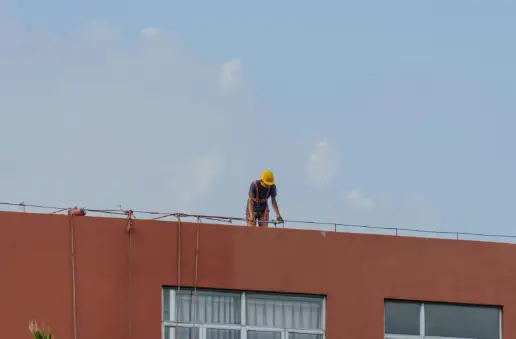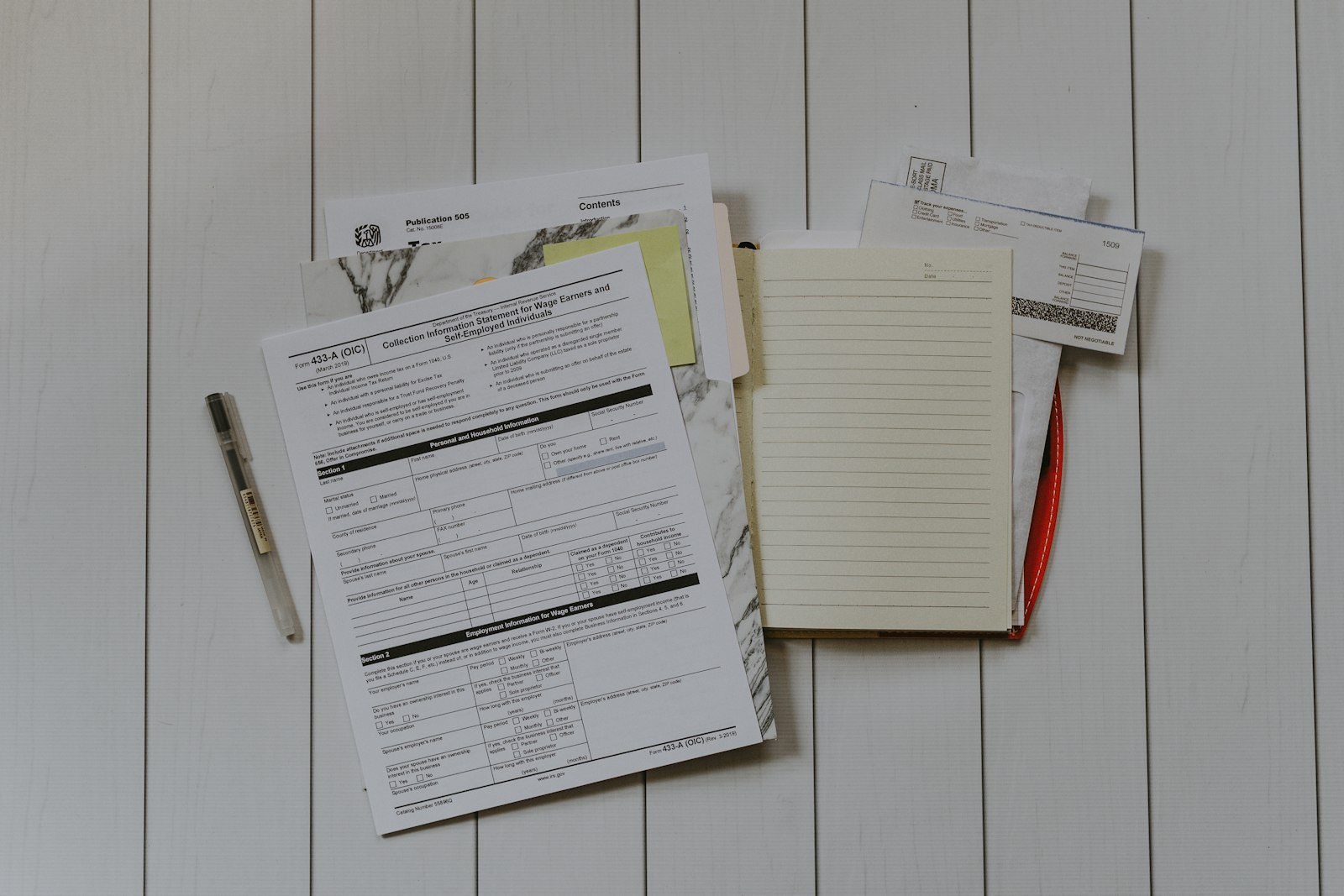A comprehensive landlord’s guide: 8 Most Common Tenant Complaints & Concerns (And Recommended Solution).
Table of contents
- Addressing Tenant Concerns: 9 Common Tenant Complaints And Recommended Solutions
- Common Tenant Complaints & Concerns
- 8 Common Tenant Complaints (and How to Resolve Them )
- 1. Maintenance Delays
- 2. Noise Disturbances
- 3. Communication Gap
- 4. Safety concerns
- 5. Problems with Rental Payments
- 6. Property Damage Disputes
- RELATED: TIPS TO PREVENT TENANT DAMAGES TO YOUR RENTAL PROPERTY
- 7. Parking Issues
- 8. Lease Agreement Misunderstandings
- Takeaways: Addressing Common Tenant Complaints And Concerns
- ALSO READ: 24/7 Expert Property Maintenance Services for Miami Landlords
- Common Tenant Complaints: Frequently Asked Questions

Addressing Tenant Concerns: 9 Common Tenant Complaints And Recommended Solutions
Building a good relationship with your tenants involves more than just resolving their noisy neighbors or repairing leaking faucets. By addressing problems head-on, you demonstrate to your tenants your concern for their comfort and well-being, in addition to merely putting out fires.
Solving problems proactively is not merely advantageous; it transforms your residential investment and enhances the overall well-being of your tenants. This way, you can keep little issues from growing into major headaches in the future. Addressing your tenants’ concerns contributes to everyone’s ability to live in harmony.
Now, let’s get started and investigate some workable answers to typical tenant grievances and how you should address them accordingly. Today, we’re going to discuss the most common tenant complaints that landlords encounter when running their real estate investments.
OTHER RESOURCES: How to Build and Maintain a Great Landlord-Tenant Relationship
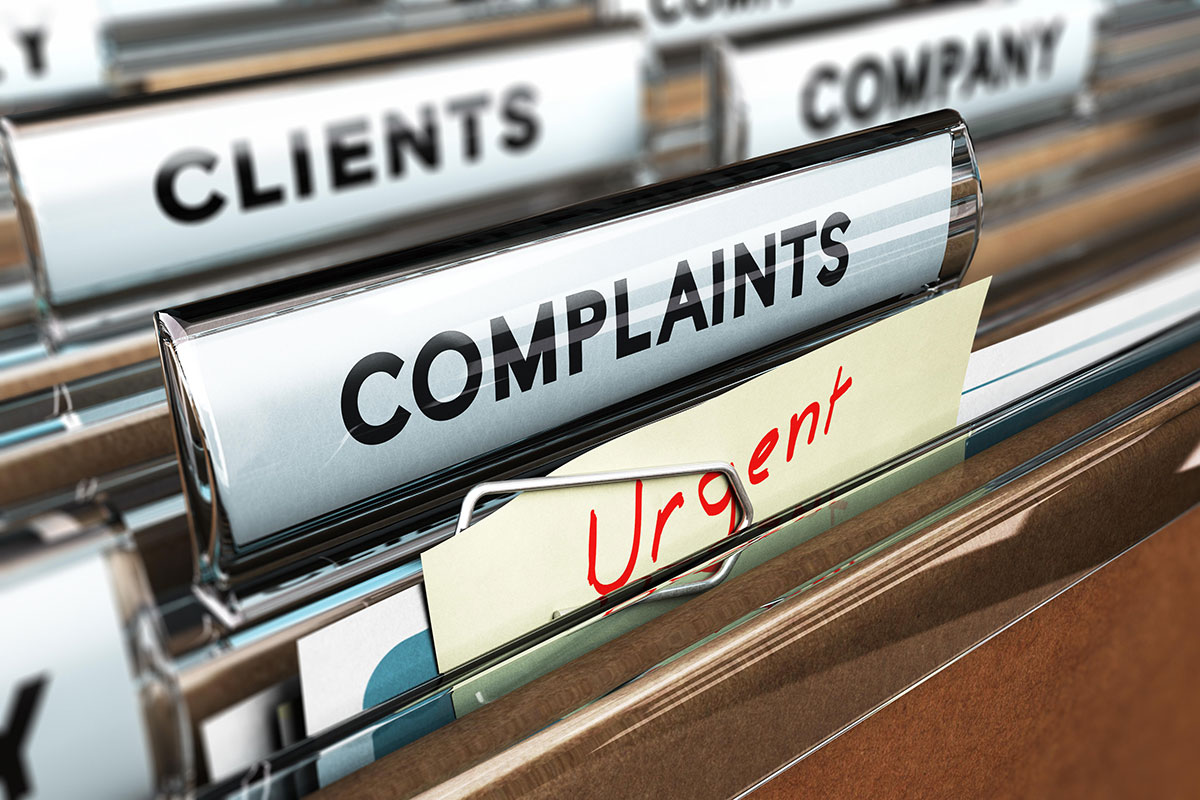
Common Tenant Complaints & Concerns
- Maintenance Delays
- Noise Disturbances
- Communication Gap
- Safety concerns
- Problems with Rental Payments
- Property Damage Disputes
- Parking Issues
- Lease Agreement Misunderstandings
8 Common Tenant Complaints (and How to Resolve Them)
1. Maintenance Delays
At the top of the list of the most common tenant complaints that landlords face. Tenants and landlords alike find it inconvenient when maintenance is delayed. A quick response is necessary to address this issue head-on. Even if there isn’t a quick fix, respond to maintenance requests as soon as possible to let your tenants know you’re paying attention.
Another crucial measure is simplifying your maintenance procedures. This entails being prepared with a trustworthy network of vendors and contractors rather than frantically seeking assistance when something goes wrong. By planning your resource allocation, you can reduce downtime and maintain your property’s seamless operation.
Time is money, and minimizing downtime is therefore essential. Setting a priority for urgent repairs guarantees that the most important issues are taken care of first, preventing minor difficulties from developing into larger hassles later on.
Frequent maintenance inspections are also essential for identifying problems early on and preventing them from worsening. These preventative measures will help you minimize maintenance delays and preserve a positive landlord-tenant relationship.
2. Noise Disturbances
Noise complaints may be a big pain in the ass for both landlords and tenants. Establishing quiet hours at designated times can greatly reduce disruptive behaviour and foster a more tranquil environment for all tenants. It’s also quite important to have direct conversations with noisy neighbours.
Since many people may not even know that their behaviours are generating problems, a straightforward conversation can frequently remedy the situation. But if the issue still exists despite your best efforts, don’t hesitate to contact homeowner associations or the relevant authorities. Moreover, considering soundproofing common areas might be a practical long-term option to reduce noise transmission between apartments, thus improving your renters’ quality of life.
3. Communication Gap
Communication is the bond that binds any landlord-tenant relationship. Therefore, if there are communication gaps, it’s time to get dirty and close them.
First, create unambiguous routes of communication. Make sure that your tenants can contact you, whether via phone, email, or a tenant portal. When they do get in touch, respond right away. A little acknowledgment can make your residents feel valued and appreciated, even if you cannot get every response immediately.
Next, you need to give your tenants regular updates regarding property-related issues. It’s critical to inform your tenants about any impending repairs or modifications to the contract. Think about publishing information on a bulletin board in the common area or distributing newsletters every month.
4. Safety concerns
Landlords and property managers should always put safety first. You ultimately must guarantee that your tenants feel comfortable and protected in their residences.
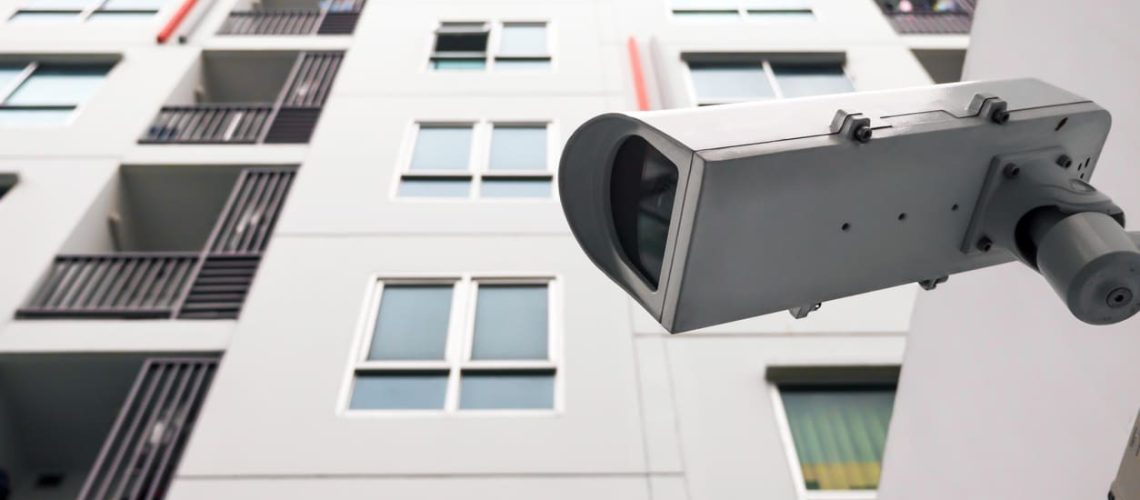
Installing security measures should come first. This could involve changing door locks or setting up security cameras. Perform routine safety inspections to find any dangers, like loose wiring or trip hazards. As soon as a hazard is discovered, address it right away. Never put off making safety-related repairs, such as replacing a leaky roof or repairing a broken railing.
By putting safety first and acting quickly to resolve possible dangers, you can give your tenants a safe place to live and build their trust and confidence in your property management abilities.
5. Problems with Rental Payments
Taking care of rental payment difficulties is essential to keeping the landlord-tenant relationship positive. It is crucial to provide clear guidelines in the lease agreement on acceptable payment methods, deadlines, and penalties for late payments. Tenant compliance may be guaranteed, and misunderstandings can be reduced by providing clear expectations upfront.
Tenant convenience is increased when a variety of payment alternatives, including online choices, are provided. Online platforms provide safe alternatives to traditional payment methods like checks and money orders. It’s also very important to be sympathetic to tenants who are struggling financially. To foster trust, landlords can offer flexible payment arrangements or put tenants in touch with resources. Putting compassion first improves the relationship between landlord and renter and makes renting a pleasant experience.
6. Property Damage Disputes
Tenant and landlord disputes may result from property damage issues that surface during move-in and move-out inspections. To help mitigate this problem, perform thorough inspections with renters present during move-in and move-out. Make a detailed record of the property’s condition, including any wear and tear or current damages. We recommend using textual descriptions and photos to give a clear picture of the property’s state at each step.
RELATED: TIPS TO PREVENT TENANT DAMAGES TO YOUR RENTAL PROPERTY
Preventing property damage conflicts also requires that renters and landlords have clear expectations for property maintenance. In the leasing agreement, be sure to express your expectations regarding upkeep and maintenance duties.
To prevent maintenance problems from worsening over time, encourage tenants to report any damages or problems as soon as they are noticed. By being transparent and upfront with each other, landlords can reduce miscommunications and property damage issues.
7. Parking Issues
Tenants may become frustrated with parking issues, particularly in buildings with restricted parking spaces. To handle parking concerns efficiently, assign renters designated parking spaces and make parking rules and regulations explicit. A landlord should enforce uniform parking regulations to address illegal parking tenant complaints and guarantee that each renter will have equitable access to parking spots.
When parking is scarce, consider other parking options, such as leasing extra spaces nearby or offering shuttle services to tenants who park off-site. Landlords can reduce stress and conflicts caused by parking conflicts among renters. This way, you’ll ensure your tenants live in harmony under your roof. As a responsible property owner, you must provide effective solutions or alternatives to make your tenants feel at home.
8. Lease Agreement Misunderstandings
This is one of the most common tenant complaints that property owners experience. Tenant-landlord disagreements might result from miscommunications regarding lease terms. You should always review lease terms in detail with your tenants before signing to ensure mutual knowledge and agreement. This will help avoid such problems. Every provision and guideline in the leasing agreement should be explained in detail, with written explanations to be provided when needed.
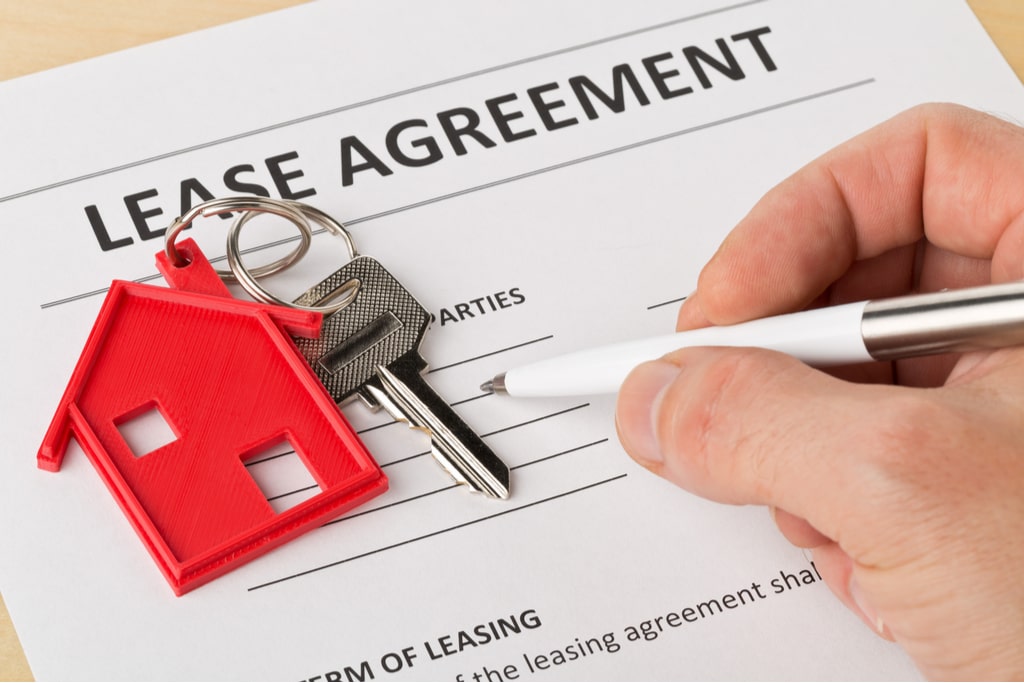
Throughout the lease term, make sure you communicate openly with tenants to discuss any issues or queries they might have regarding the lease agreement terms. We recommend encouraging your renters to clarify any unclear information by inquiring about their housing needs and concerns.
Landlords can establish mutual respect and trust with their tenants by addressing each of them personally. By overseeing their lifestyle and addressing any arising concerns, your tenants will develop trust and gratification towards your services.
A reliable landlord should always enhance open and transparent communication, which helps you stay up-to-date with your client’s well-being. This will help to create the foundation for a cooperative and good landlord-tenant relationship.
Takeaways: Addressing Common Tenant Complaints And Concerns
In conclusion, landlords may efficiently handle typical concerns, including rental payment problems, property damage disputes, parking issues, and lease agreement ambiguities, by implementing preventive measures and good communication methods.
Landlords can preserve a cordial landlord-tenant relationship to maximize their rental returns and attract more prospective tenants to their property. By skillfully and immediately handling these concerns, landlords can certainly achieve higher investment returns on their rental units.
What’s the trick to getting your tenants to renew their leases and stay glued to your rental property? It’s simple: be a caregiver. If you overlook your tenants’ needs, complaints, or any arising concerns, you might end up with a vacant apartment. If you’re all caught up with your property’s operations, we recommend hiring a renowned property management company like Threshold to save you the hassle.
This property management agency will not only listen to and address unique and common tenant complaints but also help you with other in-house property maintenance services essential for maximizing your rental returns.
ALSO READ: 24/7 Expert Property Maintenance Services for Miami Landlords
Common Tenant Complaints: Frequently Asked Questions
Landlords should have a system in place for prompt response to repair requests, efficient maintenance processes, and regular inspections to catch problems early.
To minimize disturbances, landlords can implement quiet hours, address noisy neighbours directly, and consider soundproofing common areas.
To keep tenants informed, landlords can establish clear communication channels, respond promptly to inquiries, and provide regular updates on property matters.
Effective pest control measures include regular inspections, sealing entry points, maintaining cleanliness, and partnering with professional pest control services.
Landlords should establish explicit rules for rent payment, offer flexibility and support to tenants experiencing financial difficulties, and enforce late fees for overdue payments.


